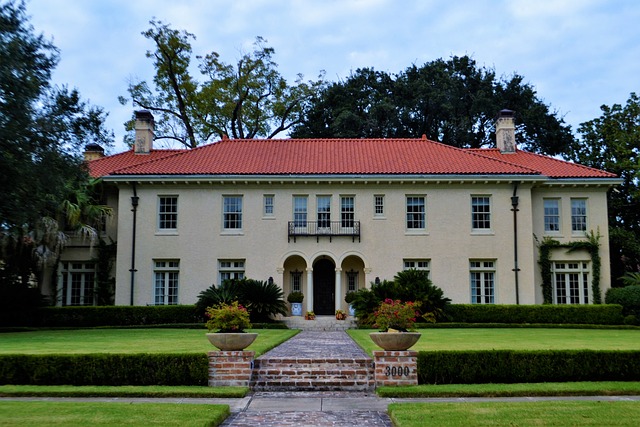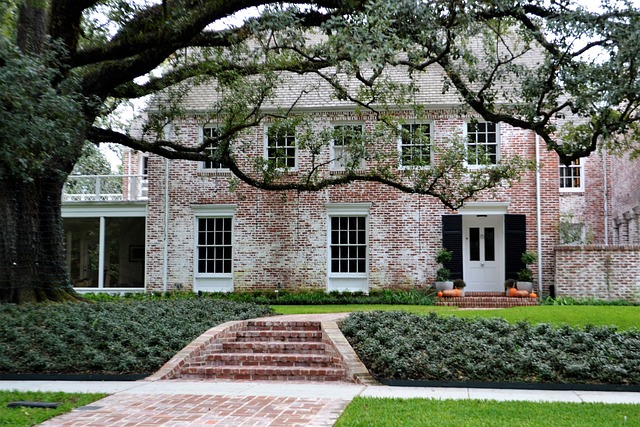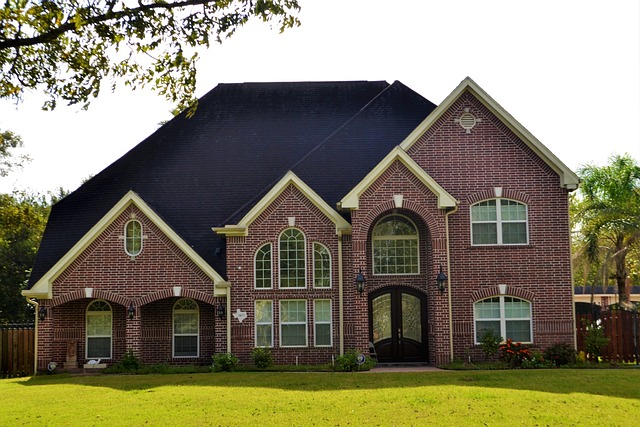Leasehold means temporary ownership with a lease period, while freehold indicates complete and indefinite ownership of the property and land.
TL;DR Leasehold Vs. Freehold
Leasehold properties are owned for a specific period of time, usually long-term leases ranging from 99 to 999 years. This type of ownership requires paying ground rent and potentially service charges to the landlord or freeholder. Leaseholders may also face restrictions on property alterations and may have limited control over the management of shared spaces.
Freehold properties grant full ownership rights, allowing owners complete control over their property without any ongoing payments to a landlord. Freeholders can make decisions about alterations, maintenance, and future sales without needing permission from external parties.
Definition of Leasehold?

When it comes to leasehold properties, the definition is quite straightforward. Essentially, when you purchase a leasehold property, you’re buying the right to live in that property for a specific period of time. This time frame can vary widely – it could be as short as 99 years or as long as several centuries.
However, it’s important to note that while you have the right to occupy and use the property during this period, you don’t actually own the land on which it stands. Instead, you enter into an agreement with the freeholder (the owner of the land) who grants you a lease for a set number of years.
Leasehold properties are typically found in apartment buildings or developments where multiple units share common areas and facilities such as gardens or parking lots. In some cases, there may also be additional charges associated with maintaining these shared spaces.
During your ownership of a leasehold property, there may be certain restrictions imposed by the freeholder. These might include obtaining permission for alterations or renovations and paying ground rent fees on an annual basis.
Understanding what exactly constitutes a leasehold property is crucial when considering purchasing one. It’s essential to carefully review all terms and conditions outlined in your lease agreement before making any commitments.
Definition of Freehold?

Freehold refers to absolute ownership of a property and the land it stands on. It grants the owner full rights and control over both the building and the land for an indefinite period. Essentially, owning a freehold property means you own it outright without any time restrictions or obligations to another party.
In contrast to leasehold properties where ownership is limited by a lease agreement with a landlord or freeholder, freeholds provide greater autonomy and flexibility. You have the freedom to make alterations or improvements as you please, without seeking permission from anyone else.
Furthermore, when you purchase a freehold property, you become responsible for all maintenance costs associated with it. This includes repairs, utilities, insurance premiums, and other expenses that come with being solely accountable for your property.
Possessing a freehold title provides homeowners with more independence in terms of decision-making and fewer ongoing financial commitments compared to leaseholds.
Leasehold Vs. Freehold – Key differences
| Aspect | Leasehold Property | Freehold Property |
|---|---|---|
| Ownership Type | Temporary ownership for a specified lease period, with a landlord as the ultimate owner | Complete and indefinite ownership of both the property and land, with no lease term |
| Lease Agreement | Requires a lease agreement, with specific terms and conditions, often subject to renewal | No lease agreement; property ownership is permanent and doesn't involve lease terms |
| Land Ownership | Land belongs to a separate freeholder or landlord, and the leaseholder has rights to the property | Land and property are owned outright by the freeholder with no separate landlord |
| Maintenance | Leaseholders may be responsible for property maintenance, depending on the lease terms | Freeholders are responsible for property and land maintenance and related costs |
| Control | Limited control over property modifications and use, subject to lease restrictions | Full control over property, including modifications and usage, subject to local regulations |
| Renewal Options | May have the option to renew the lease after the term expires, if agreed upon in the lease | No lease renewal necessary, as ownership is permanent and doesn't expire |
| Transferability | Leasehold properties can be sold, subject to lease terms and potential approval from the landlord | Freehold properties can be sold without restrictions, with full ownership rights transferring |
| Value | Leasehold properties may have lower market value due to the limited ownership period | Freehold properties generally have higher market value and greater investment potential |
Legal Implications and Costs for Leasehold and Freehold Properties
Leasehold Properties
Legal Implications
Lease Agreement: Leasehold properties involve a legally binding lease agreement, outlining the rights and responsibilities of both the landlord (freeholder) and the leaseholder. The terms of the lease, including rent, maintenance, and renewal options, are legally enforceable.
Lease Renewal: Leaseholders may have the legal right to renew the lease under certain conditions, as specified in the lease agreement or local tenancy laws.
Leasehold Valuation: Leasehold property values may be affected by the remaining lease term, with shorter leases typically resulting in lower property values.
Costs
Leasehold Premium: Leaseholders may need to pay a premium to renew the lease or extend the lease term, which can be a significant cost.
Ground Rent: Regular ground rent payments are common in leasehold properties. The amount and frequency of ground rent payments are determined by the lease agreement.
Service Charges: Leaseholders may be required to pay service charges to cover the cost of property maintenance, communal areas, and other shared expenses.
Freehold Properties
Legal Implications
Outright Ownership: Freehold property owners have complete and indefinite ownership rights, which means they have the legal authority to make decisions about the property without the need for a separate lease agreement.
Title Deed: Freehold properties are typically conveyed with a title deed that confirms ownership. Any legal disputes or property transactions are governed by local property laws and regulations.
Property Rights: Freeholders have full legal rights over their land and property, including the ability to sell, transfer, or pass on ownership as part of their estate planning.
Costs
No Lease-Related Costs: Unlike leasehold properties, freehold properties do not entail costs such as leasehold premiums, ground rent, or service charges.
Maintenance Costs: Freeholders are responsible for all maintenance and repair costs associated with the property and land, including exterior maintenance, utilities, and property taxes.
Insurance: Freeholders must arrange and pay for their own property and liability insurance, covering the entire property and land.
Leasehold properties involve legal obligations outlined in lease agreements and may have additional costs such as leasehold premiums, ground rent, and service charges.
Freehold properties grant full ownership rights without lease-related costs but require full responsibility for maintenance and insurance. Legal implications and costs may vary based on local property laws and regulations.
Image Credits
Featured Image By – F. Muhammad from Pixabay
Image 1 By – F. Muhammad from Pixabay
Image 2 By – F. Muhammad from Pixabay









